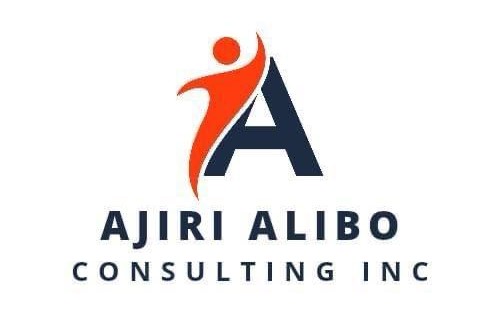The Basics of Financial Planning for Insurance Agents

As an insurance agent, your ability to manage your finances is just as important as your ability to manage your client’s needs. Financial planning isn’t just for your clients—it’s crucial for your own business success. But where do you start? Don’t worry. We’ll break it down into simple steps to help you build a strong financial foundation for your insurance career.
- Understand Your Income and Expenses
The first step in financial planning is to get a clear picture of your finances. Start by tracking how much money you’re earning and how much you’re spending. As an insurance agent, your income can vary from month to month, so it’s important to know your average earnings. List all your regular expenses, including office costs, marketing expenses, licenses, and continuing education. Once you know where your money is going, you can make better decisions about how to manage it.
- Create a Budget
A budget helps you stay on top of your finances and plan for the future. It’s simply a plan for how you’ll spend your money. Start by setting aside funds for essential expenses like office supplies, marketing, and your personal living costs. Then, save a portion of your earnings for business growth. Whether it’s investing in tools, attending industry events, or hiring an assistant, make sure to set aside money for things that will help you grow your agency.
- Build an Emergency Fund
An emergency fund is like a financial safety net. It’s money set aside for unexpected situations, like a slow month or an unexpected business expense. Aim for at least three to six months’ worth of living and business expenses in your emergency fund. This will give you peace of mind and allow you to focus on growing your business without worrying about short-term financial stress.
- Plan for Taxes
Taxes are a big part of being a self-employed insurance agent. You need to plan ahead to make sure you’re setting aside enough money for taxes. It’s easy to forget, but tax time comes every year. Setting aside a percentage of your income (typically 25% to 30%) in a separate savings account can help ensure you’re ready when tax season rolls around. You can also work with a tax professional who specializes in helping business owners like you, making sure you don’t miss any important deductions.
- Save for Retirement
While you’re busy helping your clients plan for their futures, don’t forget about your own. Saving for retirement is crucial, and the earlier you start, the better. Set up a retirement account (like an RRSP or a 401(k), depending on where you live) and contribute regularly, even if it’s just a small amount. The goal is to build wealth for the long term so you can enjoy your retirement comfortably.
Takeaway
Financial planning may seem overwhelming, but it’s really about taking small, consistent steps to manage your money wisely. By understanding your income and expenses, creating a budget, building an emergency fund, planning for taxes, and saving for retirement, you can set yourself up for long-term success. As an insurance agent, you’re already helping others plan their financial futures—don’t forget to do the same for yourself!
